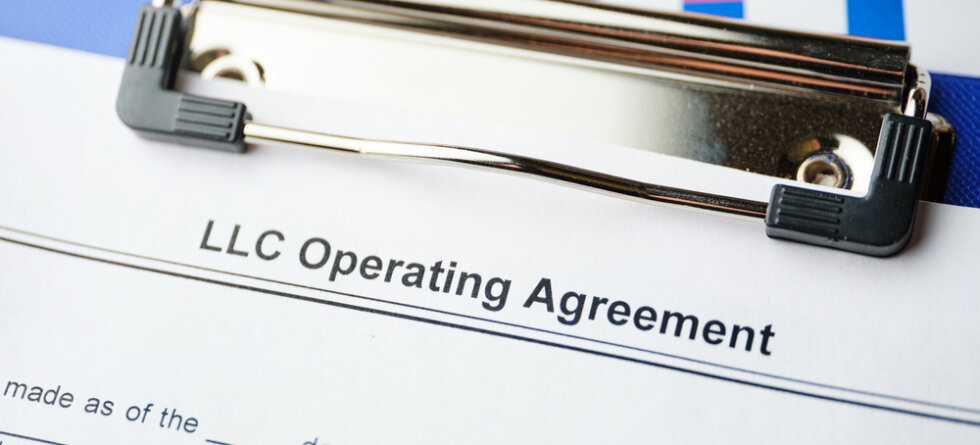For tax purposes, LLC owners do not typically receive W-2 forms. The type of tax form an LLC owner receives depends on the tax structure of the LLC and the owner’s role in the business. Here are some common scenarios:
- Single-Member LLC (Sole Proprietorship):
- If the LLC has a single owner, known as a single-member LLC, and it has not elected to be taxed as a corporation, the owner reports business income and expenses on Schedule C of their individual tax return (Form 1040). The owner does not receive a W-2; instead, they report the net profit or loss from the business on their personal tax return.
- Multiple-Member LLC (Partnership):
- If the LLC has multiple members and has not elected to be taxed as a corporation, it is generally treated as a partnership for tax purposes. In this case, each member receives a Schedule K-1 (Form 1065), which outlines their share of the business’s profits, losses, deductions, and credits. The members use the information from the Schedule K-1 to report their share of the business income on their individual tax returns.
- LLC Taxed as an S Corporation:
- If the LLC has elected to be taxed as an S corporation, the owners (shareholders) may receive both a W-2 and a Schedule K-1. The W-2 reports wages paid to the owners for services they provide to the corporation, and the Schedule K-1 reports their share of the business income, deductions, and credits. The W-2 is used for personal income tax reporting, and the Schedule K-1 is used to report the pass-through income from the S corporation.
While owners of an LLC may not receive W-2 forms, they may still be compensated for their work. Compensation to owners in the form of guaranteed payments (for partnerships) or salaries (for S corporations) is subject to payroll taxes, and these payments are reported appropriately on tax forms.
For accurate and personalized guidance on tax matters related to your specific situation, it is advisable to consult with a tax professional or accountant familiar with your business structure and tax elections.




